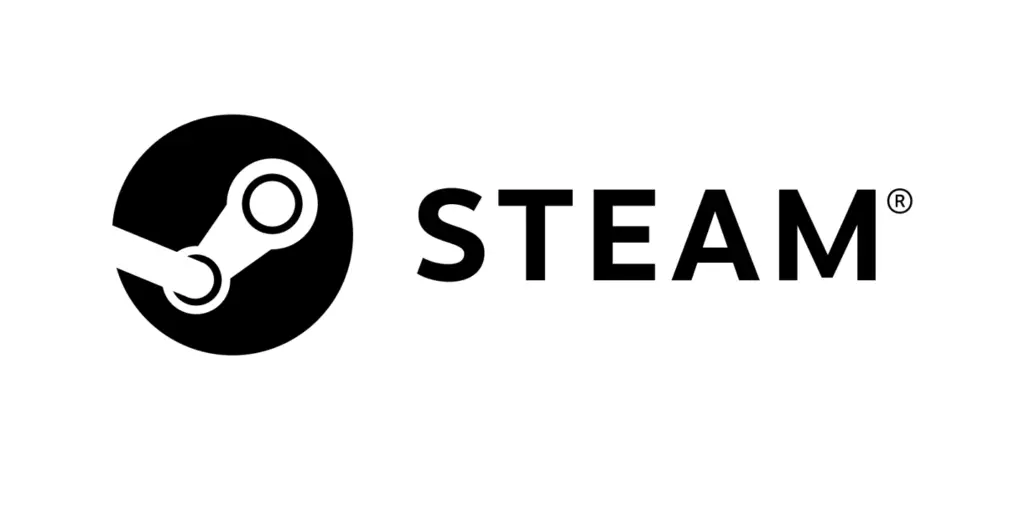
Valve has removed the video game PirateFi from its Steam platform after the discovery of embedded malicious software. Users who had downloaded the game received an official warning from the company, strongly advising them to perform a full reinstallation of Windows to ensure complete eradication of the threat.
PirateFi was released on Steam on February 6, marketed as an immersive survival game set in a vibrant, low-poly world, offering both single-player and multiplayer modes. While the exact number of downloads remains unknown, archived data indicates that the game had garnered a high rating—9/10 based on 51 reviews.
Despite the positive reception, the presence of malware in the game’s code was uncovered shortly after its release, prompting its immediate removal. Valve has not disclosed specific details regarding the nature of the malware but has urged affected users to conduct a comprehensive antivirus scan and review their installed software. The official notice also states that a full system reset is the most reliable method to eliminate any lingering threats.
This is not the first instance of malware being distributed through games on Steam. The gaming industry has long been a target for cybercriminals who inject malicious code into popular game files. For instance, last year, a campaign leveraging an infostealer Trojan targeted Call of Duty players, while in 2023, a self-propagating virus spread widely among users of an older installment in the same franchise.
The PirateFi incident underscores the growing importance of cybersecurity in gaming, where users often place unwavering trust in downloaded content—particularly when sourced from reputable platforms like Steam. At present, Valve has not issued an official statement regarding the breach. However, users who installed PirateFi are strongly advised to delete the game immediately and take precautionary measures to safeguard their data.
Related Posts:
- Steam Bolsters Security with SMS Confirmations Amid Malware Scare
- LummaC2 Malware Uses Gaming Platform as C2 Server